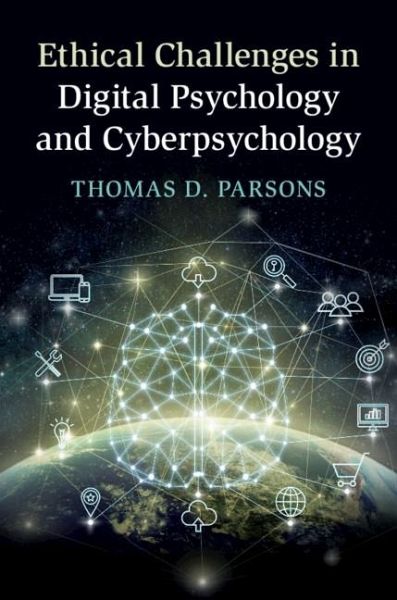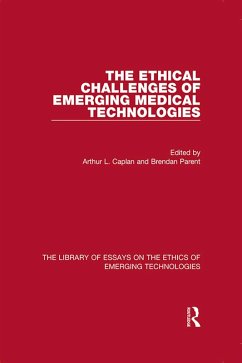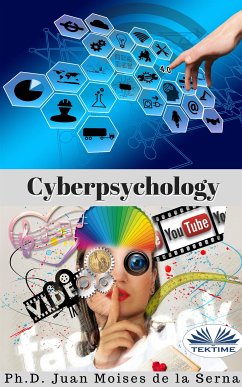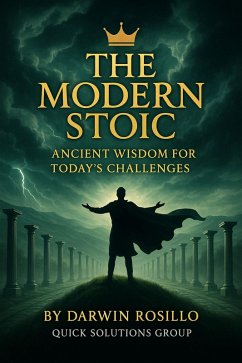
Ethical Challenges in Digital Psychology and Cyberpsychology (eBook, ePUB)

PAYBACK Punkte
11 °P sammeln!
Our technologies are progressively developing into algorithmic devices that seamlessly interface with digital personhood. This text discusses the ways in which technology is increasingly becoming a part of personhood and the resulting ethical issues. It extends upon the framework for a brain-based cyberpsychology outlined by the author's earlier book Cyberpsychology and the Brain: The Interaction of Neuroscience and Affective Computing (Cambridge, 2017). Using this framework, Thomas D. Parsons investigates the ethical issues involved in cyberpsychology research and praxes, which emerge in algo...
Our technologies are progressively developing into algorithmic devices that seamlessly interface with digital personhood. This text discusses the ways in which technology is increasingly becoming a part of personhood and the resulting ethical issues. It extends upon the framework for a brain-based cyberpsychology outlined by the author's earlier book Cyberpsychology and the Brain: The Interaction of Neuroscience and Affective Computing (Cambridge, 2017). Using this framework, Thomas D. Parsons investigates the ethical issues involved in cyberpsychology research and praxes, which emerge in algorithmically coupled people and technologies. The ethical implications of these ideas are important as we consider the cognitive enhancements that can be afforded by our technologies. If people are intimately linked to their technologies, then removing or damaging the technology could be tantamount to a personal attack. On the other hand, algorithmic devices may threaten autonomy and privacy. This book reviews these and other issues.
Dieser Download kann aus rechtlichen Gründen nur mit Rechnungsadresse in A, B, BG, CY, CZ, D, DK, EW, E, FIN, F, GR, HR, H, IRL, I, LT, L, LR, M, NL, PL, P, R, S, SLO, SK ausgeliefert werden.













